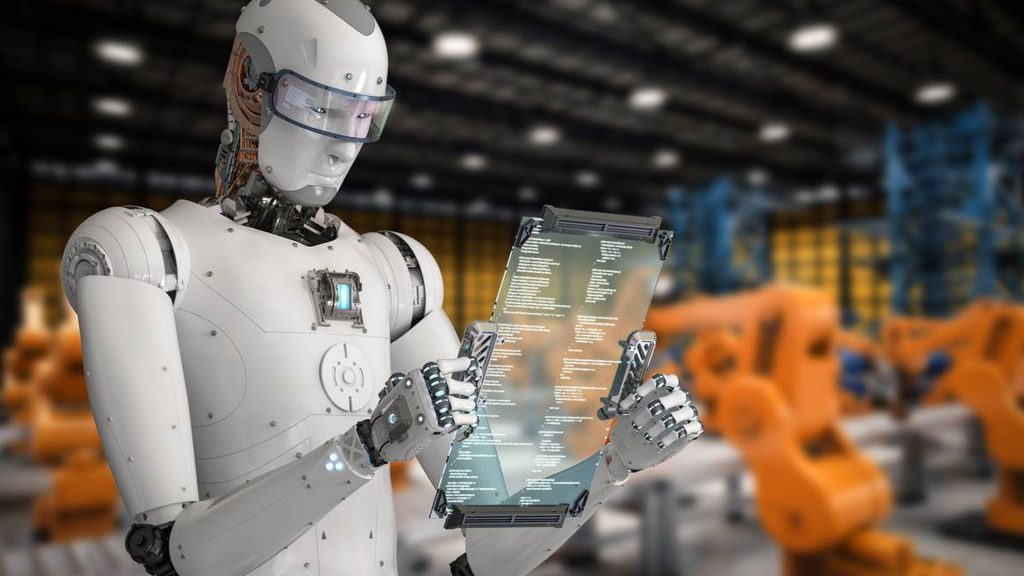The strategic initiative will advance the use of AI and robotics to address community needs
iFLYTEK, a pioneer in the artificial intelligence and voice recognition industry, has announced the iFLYTEK Super Brain 2030 Plan, a series of strategic initiatives to advance the quality and availability of personal robotics and artificial intelligence solutions to assist families and communities.
The initiative will build off the success of iFLYTEK’s use of AI to improve interpersonal communication, education, medical services, and the workplace.
“At iFLYTEK, we aspire to solve major social problems through the development of new technologies and to use the generated successes as models for the future,” remarked iFLYTEK Founder and Chairman Liu Qingfeng. “The iFLYTEK Super Brain 2030 Plan will usher in the next phase of innovation in the artificial intelligence industry to support communities with their most pressing challenges.”
The first stage of the iFLYTEK Super Brain 2030 Plan, from 2022-2023, will focus on bionic robot ontology technology, multi-modal perception, expression technology, and active dialogue technology. Three key products will be released in the first phase: a collection of virtual “professionals” including customer service clerks, doctors, and teachers; bionic pets supported by active dialogue and scene perception; and a publicly available depression screening platform for children and teenagers.
The second stage will focus on developing the necessary technologies to develop exoskeleton robots for adaptive walking and for virtual characters. Furthermore, the third stage will seek to better integrate new and existing technologies in decision making, autonomous learning, and common-sense reasoning to develop adaptive companion robots that can understand and learn.
“In the next decade, every family will be able to have a robot to help them with their everyday problems. Across our communities, these solutions can reduce the stresses and challenges that stem from an aging society and declining birth rates,” said Qingfeng.


